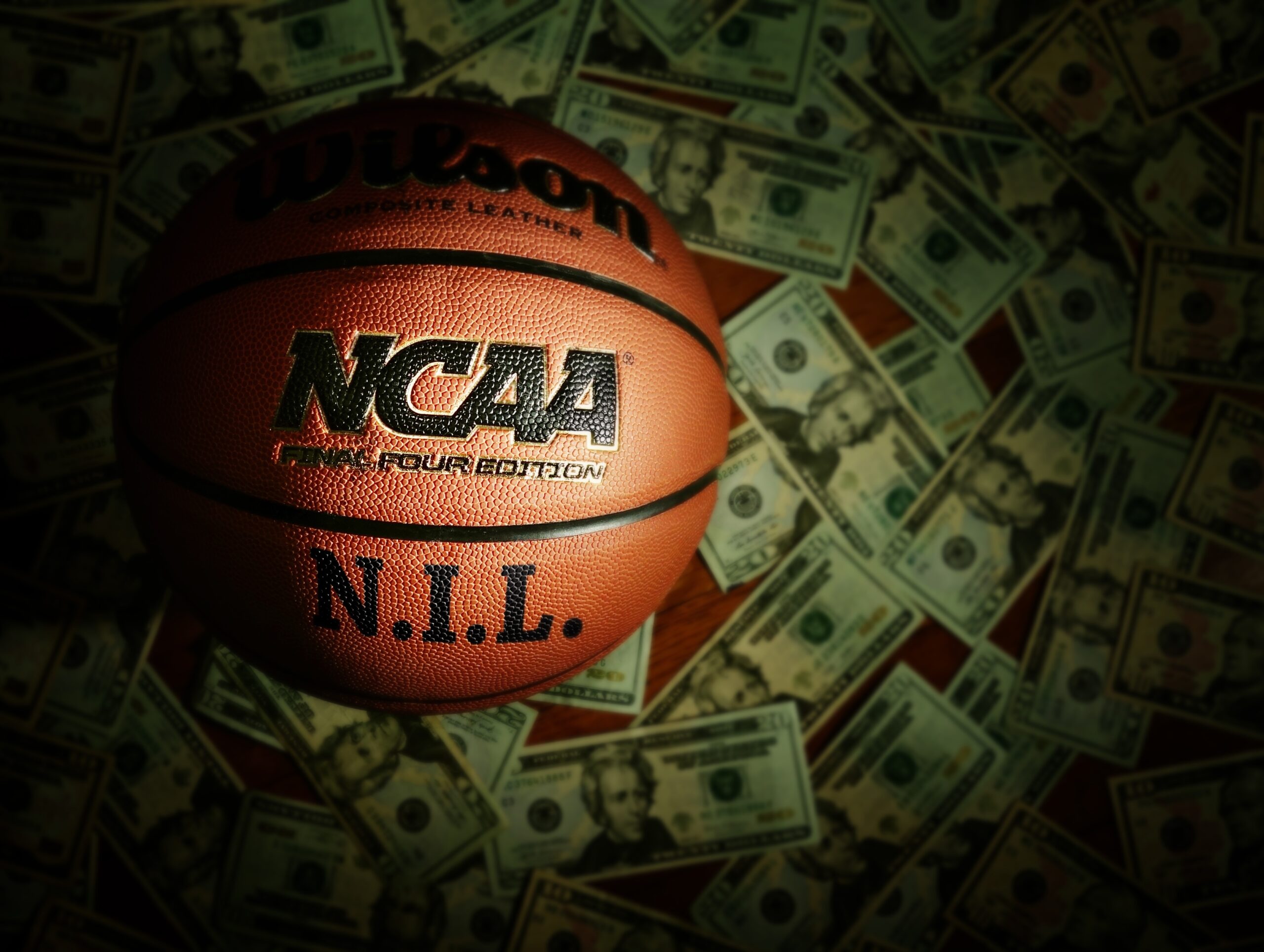Daniel Ain Raises Title IX Concerns Over NCAA’s $2.8 Billion Athlete Compensation Settlement in an Article for “Business Insider”
In a recent article for Business Insider, RPJ’s Daniel Ain discusses the groundbreaking House v. NCAA $2.8 billion settlement and significant legal questions it may raise, particularly around gender equity and Title IX compliance. The settlement, which marks a historic shift in college athletics, allows schools for the first time to directly compensate student-athletes, in addition to the required $2.8 billion in damages that will be paid to former and current athletes. While this development has been widely celebrated, especially within high-revenue programs like men’s football and basketball, it has also sparked growing concern over how these funds will be distributed.
Under the terms of the settlement, NCAA schools can pay up to $20.5 million annually to Division I athletes as of July 1. Schools will have discretion as to the allocation of this revenue cap, and many experts expect the overwhelming majority to be allocated to athletes in men’s football and men’s basketball. 90% of the $2.8 billion in damages is already earmarked for athletes in these two sports. This leaves athletes in non-revenue sports such as track and field, volleyball, and swimming, at a distinct disadvantage. The potential redirection of funds away from these programs raises concerns about possible cuts, diminished opportunities, and possible Title IX concerns.
Mr. Ain notes that several Division I female athletes have already filed an appeal against the settlement, contending that the allocation of the $2.8 billion in damages violates Title IX since male student-athletes will receive a disproportionate share of the damages. While it remains uncertain whether Title IX ultimately applies to the distribution of the $2.8 billion in damages or the $20.5 million in annual revenue share, Mr. Ain warns that the current framework exposes institutions to serious legal risks. “Schools, for the first time, will be deciding how to allocate tens of millions of dollars in revenue share to individual athletes,” Mr. Ain told Business Insider. “The expectation right now is that the distribution is going to be grossly unequal between men and women, and that will open schools up to Title IX litigation.”
As schools navigate these new rules, the equity concerns raised by RPJ’s Daniel Ain and others could lead to significant legal battles in the near future.
Read the full article here.


